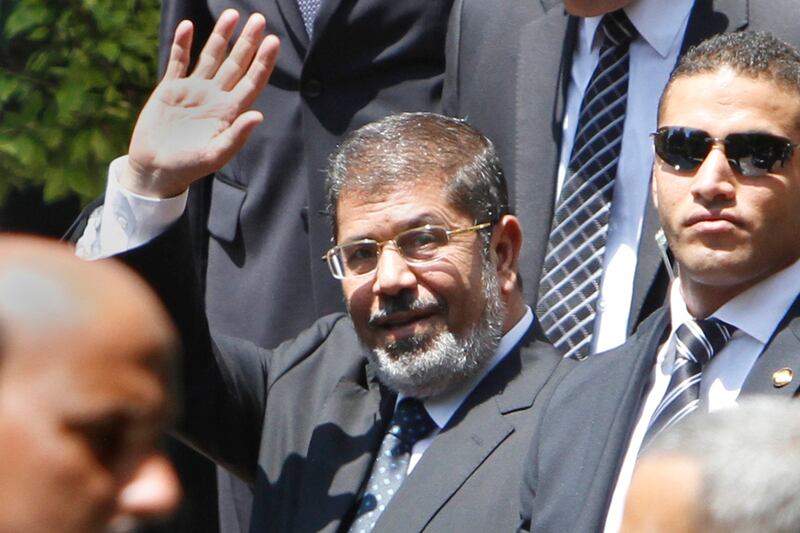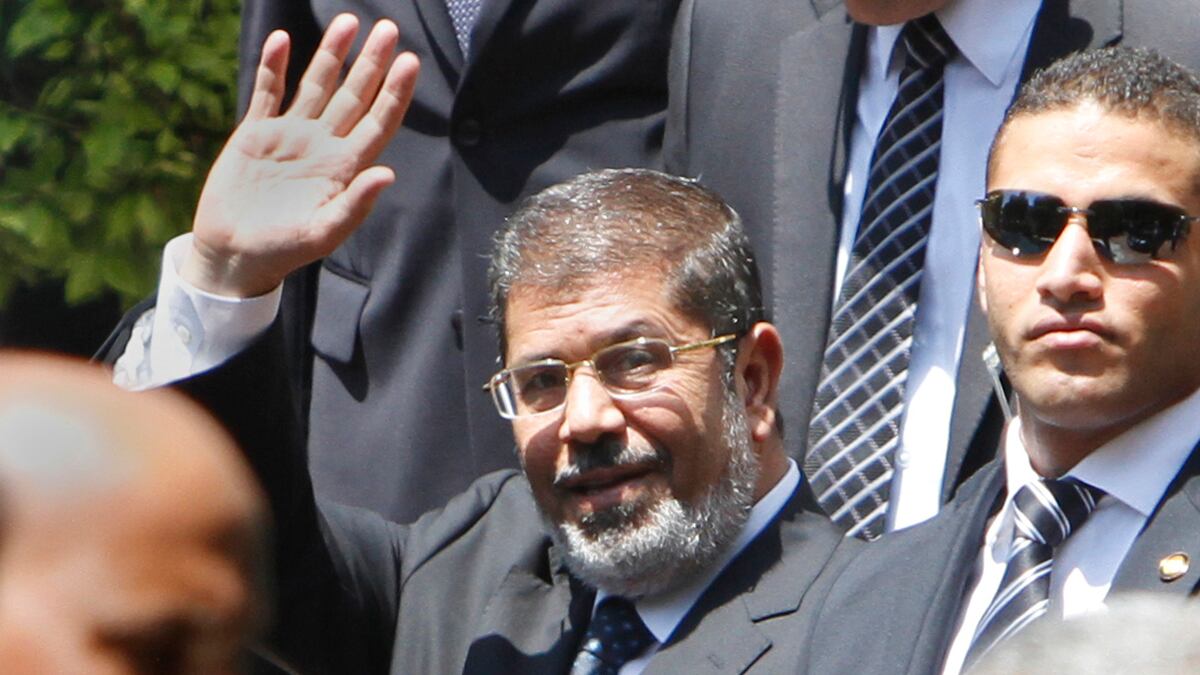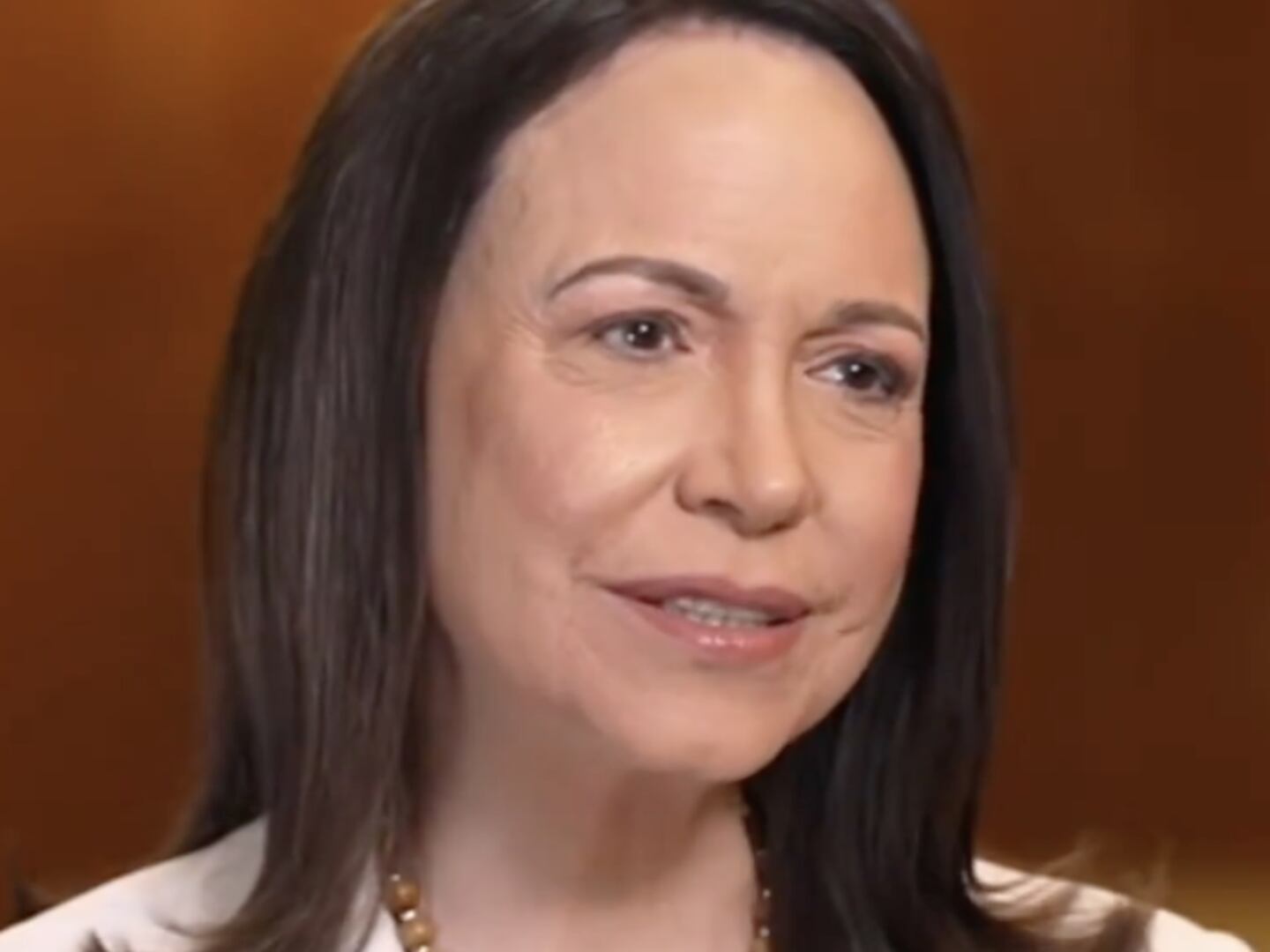In the aftermath of deadly attacks on U.S. diplomatic facilities in Egypt and Libya, the big question perplexing Egyptians from Alexandria to Luxor was simple: “Where was President Mohammed Morsi?” In the streets, in tweets and on Facebook, Egyptians ranted and spun out theories about the whereabouts of the country’s first democratically elected president who seemed AWOL at the first sign of trouble.

Indeed, it took Morsi a full day to respond to the violent protests over an anti-Islamic film, apparently produced in America. And when Morsi finally emerged on Wednesday evening—a full day after protests at the U.S. embassy in Cairo and an attack on an American consulate in neighboring Libya had left the four U.S. diplomats, including Ambassador Christopher Stevens, dead—he did so to call on the Egyptian Embassy in Washington to take “all legal measures” in the United States against the makers of the film Innocence of Muslims, which attacks the Prophet Muhammad.
Morsi did not speak out against the violence in Libya nor did he condemn the actions of protesters in either country. However the state-run news agency reported that four men are in Egyptian custody for scaling the U.S. Embassy walls.
The Muslim Brotherhood, with which Morsi is affiliated, issued a separate statement on its Twitter page earlier in the day saying we “regret the attacks on [the U.S. Embassy] by angry protesters, and we urge citizens to express their opinion peacefully." The group also called for a peaceful demonstration against the film this week following Friday prayers.
“The president of Libya gave his condolences but the president of Egypt has disappeared,” said Ahmed Sweilam, 32, a software designer from Cairo. “What kind of a message is he sending when he says nothing after the violence? He is weak and he is at the mercy of some of the more conservative Islamist groups.”
The film’s trailer, available on YouTube in English and Arabic-dubbed versions, depicts a deranged, womanizing Prophet Muhammad facing a hypothetical trial. According to Islamic belief, any depiction of the prophet is a violation.
The protests—as well as Morsi’s response—show a growing division between Morsi’s Muslim Brotherhood and the ultraconservative Salafis, two groups with significantly different ideologies. Still, it is not a division that Morsi can articulate, for fear of alienating supporters.
“Morsi loses whichever way he goes,” said Shadi Hamid, head of research for the Brookings Doha Center and an Egypt expert. “If he aggressively condemns the protesters, he’s perceived as a lackey for the U.S. And if he supports the protesters’ position against the film, he gets criticism from the international community.”
When Morsi named his new cabinet last month, it was notably absent of Salafists, despite winning one-quarter of the seats in Egypt’s now-defunct Parliament. Many in Egypt view this incident, from the film’s inception to the protests in Egypt, as a case of radicals versus radicals.
“We definitely need a president who will be strong enough to stand up to these troublemakers who want to throw off the revolution, and make them know that it will not be tolerated—Morsi did not do that today; not at all,” said Maha Amin, 19, a student who joined the 25 January protests last year. But like many others in Egypt, Amin viewed this as yet another distraction from efforts to get the country back on its feet. “Of course the film is ludicrous but we have so much work to do to rebuild Egypt’s economy that incidents like this get us sidetracked.”
Until the recent protests, Morsi tried to walk a fine diplomatic line; trying not to alienate the U.S., which contributes $1.3 billion in military aid to Egypt, while still talking to traditional American foes.
He invited Hamas leader Ismail Haniyeh to Cairo and eased border restrictions between Gaza and the Sinai. He visited Iran—a first in more than three decades for any Egyptian leader. But he also condemned Syria’s President Bashar al-Assad, a longtime ally of Egypt, for his use of violence against protesters.
Morsi, who earned a doctorate in engineering from the University of Southern California, was considered a soft power in the Muslim Brotherhood and has long been overshadowed by more conservative members of the group. Unlike Mubarak, his predecessor, who ran a no-nonsense police state via an unyielding emergency law, analysts say Morsi has less influence over the media and the military, and so he couldn’t suppress protests even if he tried.
“The American people continue to attack Islam and attack Arab people and then they say that we are the violent ones? I don't agree with the violence that happened in Cairo, but I do agree with the reason the people are angry,” said Ashraf Mohammed, 19, a student and member of the Muslim Brotherhood. “If someone says something against the Christian religion, I am sure Americans will not forget it.”
Morsi is “not a career politician and has not been tried by fire in these ways,” said Isobel Coleman, a senior fellow with the Council on Foreign Relations and director of the Civil Society, Markets, and Democracy Initiative. “This is a very new dynamic in Egypt. The media and the street and public opinion are much more fluid than they have been in recent years.”






